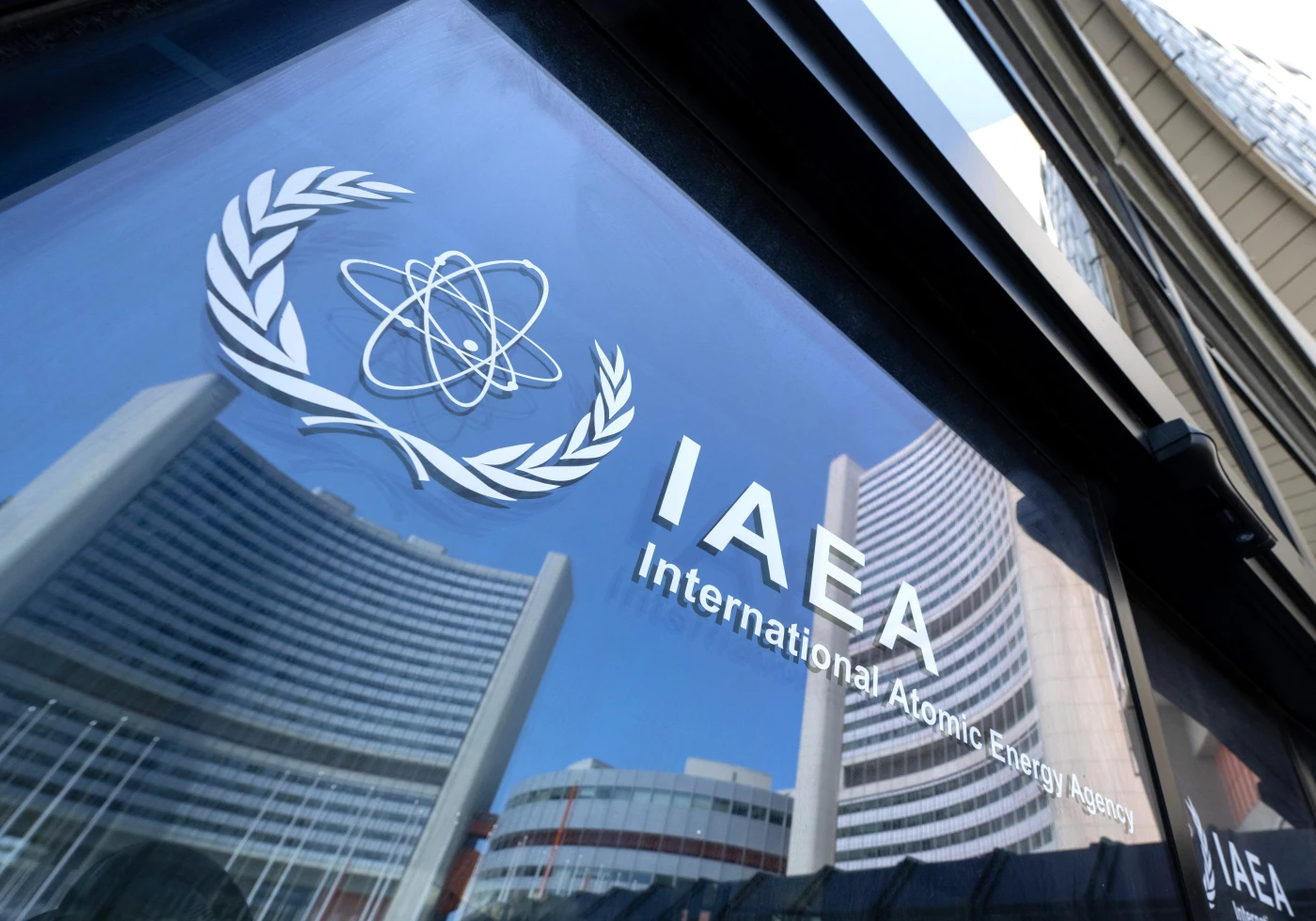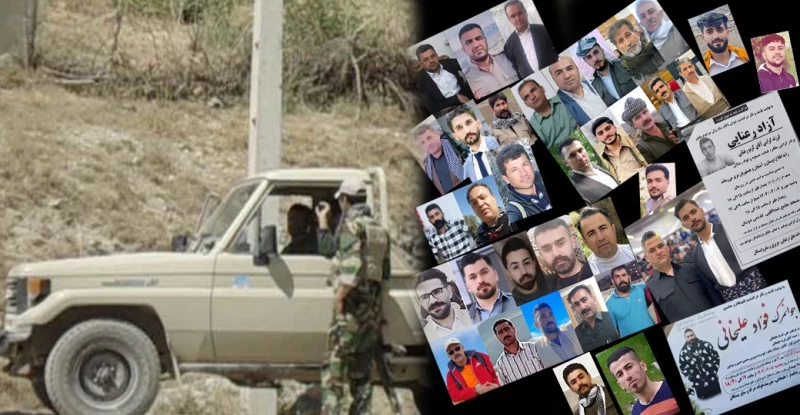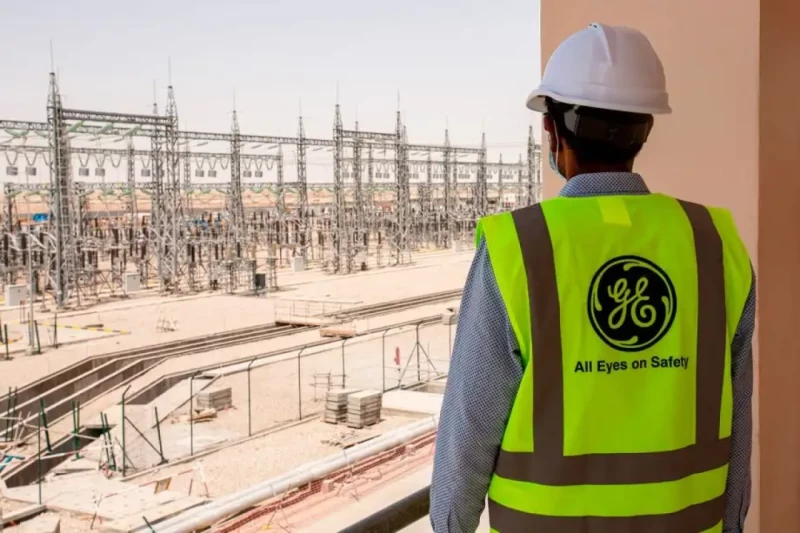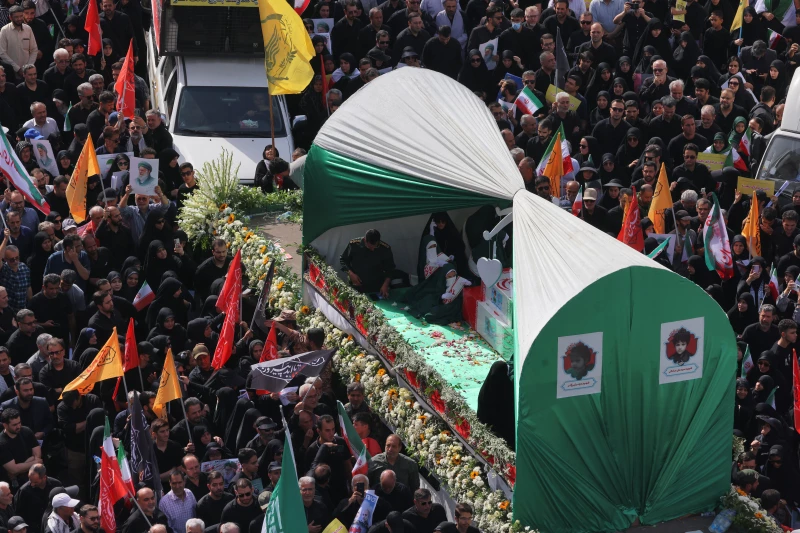ERBIL, Kurdistan Region of Iraq - Iran announced on Wednesday that it has suspended its cooperation with the International Atomic Energy Agency (IAEA), coming after a recent 12-day-long conflict with Israel that saw Israeli and US strikes on Iranian nuclear facilities.
In response to Iran's withdrawal from the UN nuclear watchdog, Israel urged Europe and the international community to reimpose sanctions on Tehran.
As soon as the war started, Iranian officials strongly criticized the IAEA for failing to condemn Israel and the US for attacking the country's nuclear facilities and for adopting a resolution in mid-June that accused Iran of failing to comply with its nuclear obligations, something authorities in Tehran said was an excuse for Israel’s attacks.
The IAEA resolution, proposed by France, Germany, and the United Kingdom, passed with 19 of 35 countries voting in favor of the measure, coming after the watchdog released a report that accused Iran of non-compliance with its nuclear safeguards. The Atomic Energy Organization of Iran (AEOI) responded by condemning the resolution and calling cooperation with the IAEA "counterproductive."
The already bad relations between Tehran and the UN nuclear watchdog took a turn for the worse during the nearly two-week-long air war between Iran and Israel, a serious escalation that prompted Iranian lawmakers to vote on June 25, a day after the ceasefire took effect.
The bill was finally ratified by the Iranian presidency on Wednesday.
The suspension means that IAEA inspectors will not be allowed to visit Iran, and the submission of reports to the agency will be halted.
Israeli Foreign Minister Gideon Saar reacted to the suspension by calling on European powers, namely the UK, France, and Germany, to reimpose sanctions on Iran, dubbing the move “a complete renunciation of all its international nuclear obligations.”
“The international community must act decisively now and utilize all means at its disposal to stop Iranian nuclear ambitions,” Saar wrote in a post on X.
Israel launched a large-scale offensive against Iran on June 13, targeting nuclear and military facilities across the country, killing dozens of high-profile military commanders and nuclear scientists. Iran says over 900 were killed in Israel’s bombing campaign.
Iran responded with waves of missiles and drone strikes, striking the country’s major cities, including Tel Aviv and Haifa, killing 28, according to Israeli authorities.
United States President Donald Trump, who previously said they had “obliterated” Iran’s nuclear program, reiterated last week that he would not hesitate to bomb Iran again if the country continues enriching uranium but noted that he does not believe Tehran will return to nuclear proliferation anytime soon.


 Facebook
Facebook
 LinkedIn
LinkedIn
 Telegram
Telegram
 X
X



